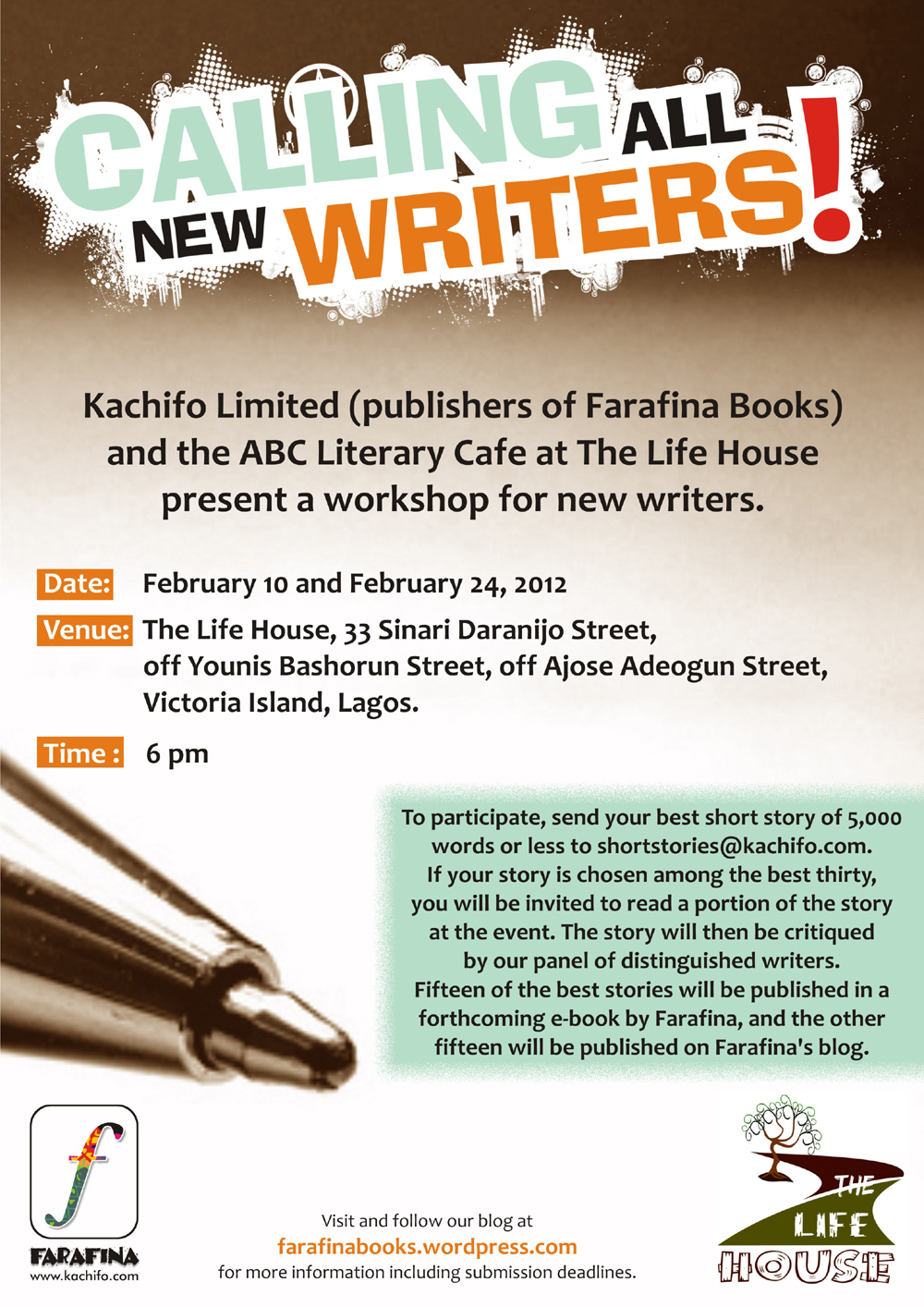My Mind Words Paper [Search results for new african book]
Call for Contributions to Book Project: Mortuary Arts in Africa and African Diaspora
Farafina Books: Call for New African Writing (The Second Phase)

Call for Book Chapters: Migration and African Families in the Diaspora
For African American Authors: The Coretta Scott King Book Awards 2013
Kwani? Manuscript Project: New Literary Prize for African Writing (Africa-wide)
Call for Authors: ENAR Book Publication on “People of African Descent in Europe and Black Europeans”
Deadline May 30 | Call for Authors: ENAR Book Publication on “People of African Descent in Europe and Black Europeans”
Open Call for Manuscripts from African-American Women Writers: J. Burrage Publications
Invitation to Book N Gauge IX: Nine and Still Counting (Nigeria)
1st Saraba Writing Workshop (Nigeria)
Miriam Tlali Reading & Book Club Event at the African Literature Bookshop (South Africa)
Deadline June 1 | Nominations Sought: The Bethwell A. Ogot Book Prize for the Best Book on East African Studies
Nominations Sought: The Bethwell A. Ogot Book Prize for the Best Book on East African Studies
Upcoming Deadlines
Call for Submissions: Edited Collection on Contemporary African American Satire in all Media
Call for Essays: Studies in African Autobiography
The Burt Award for African Literature 2012 (Tanzania)
Fiction Manuscript Submission Schedule: Parresia Publishers (Nigeria/ Africa-wide)
Wasafiri New Writing Prize 2011 (judge: Caine Prize recipient Brian Chikwava)

The 10th Ghana International Book Fair Opens November 1st
